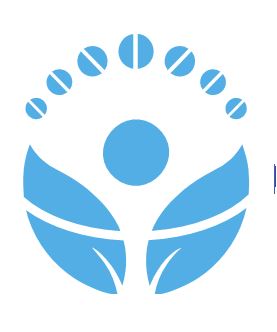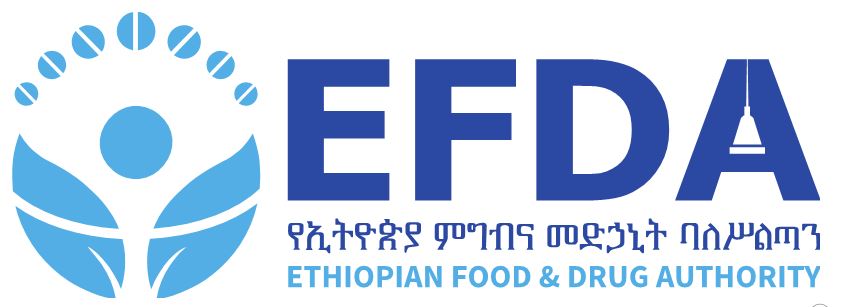Tobacco use is a major preventable cause of premature death and disease worldwide (1).
Globally, more than 7 million people die each year from tobacco-related illnesses (more than 6
million from direct tobacco use and approximately 890,000 non-smokers being exposed to
secondhand smoke) (1), and if current trends continue, this number is expected to increase to
more than 8 million a year by 2030 (2). An efficient and systematic surveillance system is
important to monitor tobacco use and evaluate tobacco prevention and control interventions (3).
Monitoring and tracking of tobacco use and policies provides a foundation of effective tobacco
control policy development and implementation (4).
The Global Adult Tobacco Survey (GATS) is a nationally representative household survey of
people age 15 years or older that is used to monitor adult tobacco use and to track key tobacco
control indicators across countries. The use of a standard GATS protocol including standard
questionnaire, and sampling methodology allows countries to generate survey results that are
comparable across countries.
Ethiopia GATS was implemented by Ethiopia Public Health Institute (EPHI) in collaboration
with the Ethiopian Food, Medicine, Health Care Administration and Control Authority
(FMHACA), CSA, FMOH and the World Health Organization (WHO) country office. Technical
assistance for the implementation of the survey was provided by the WHO, the U.S. Centers for
Disease Control and Prevention (CDC), and RTI International. Program support was provided by
the CDC Foundation. Financial support for Ethiopia GATS was provided by the CDC
Foundation with a grant from the Bill & Melinda Gates Foundation.
GATS enhances countries’ capacity to design, implement and evaluate tobacco control
programs. It also assists countries to fulfill their obligations under the WHO FCTC to generate
comparable data within and across countries. In addition, it allows countries to implement the
WHO MPOWER policy package. WHO MPOWER is a technical package developed to assist
countries in implementing selected demand reduction measures contained in the WHO
Framework Convention on Tobacco Control (FCTC) (5). The six MPOWER evidence-based
measures contained in the FCTC;
- Home
- About Us
- News and Events
- Services
- Publications
- Directorates
- Director General
- Medicine Sector Deputy Director General
- Food Sector Deputy Director General
- Medical Device Sector Deputy Director General
- Chief Executive Officer
- Basic Service Executive Officer
- Competence & Human Resource Management Executive Officer
- Information & Technology Executive Officer
- Organizational Change Management Executive Officer
- Procurement & Finance Executive Officer
- Strategic Affair Executive Officer
- Women & Inclusive Social Affair Executive Officer
- Branch Office Head
- COVID19
- Public Information
- Announcement
- Contact
EXECUTIVE SUMMARY GATS Ethiopia Oct 20 2017
You are here:
- Home
- Publication
- EXECUTIVE SUMMARY GATS Ethiopia Oct…



